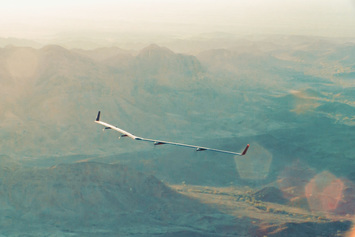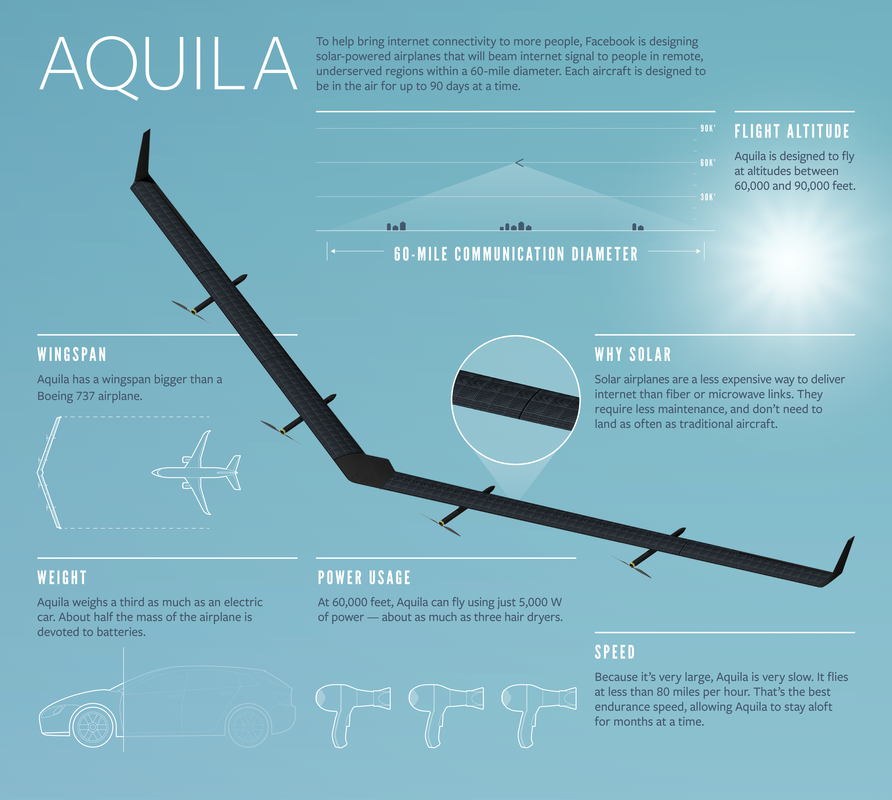
There are more than 3.4 billion active Internet users worldwide according to internetlivestats.com.
Although that may seem like a lot of people online, consider this: according to the United Nations Department of Economic and Social Affairs’ Population Division, there are more than 7.4 billion people in the world. That leaves nearly 4 billion people, or about 60 percent of the world population, without Internet connectivity. This, of course, means no access to hilarious cat videos. More importantly, it means fewer people have access to social media, health information, education and opportunities for economic growth. Scholars refer to those without Internet access as being on the other side of the digital divide. In short, some people have Internet access, some don’t. The “divide” is defined by the large gaps in the population that have limited or no access to technology. This gap is usually based on age, income and geography. Of course, having access to technology doesn’t mean having access only to the Internet. The divide can include those with and without radio, television or smart phone access. In short, billions of people still don’t have access to technology and, therefore, only have limited access to news and information. Unless something is done to get access to those without technology, the gap is destined to grow. The U.S. Census Bureau estimates the world population will be at 9 billion by 2044. Facebook is making plans to close the gap. Last week, it announced the first test of its high-altitude unmanned aircraft, Aquila. The solar-powered plane will be used to bring Internet to millions of people in remote locations. “When complete, Aquila will be able to circle a region up to 60 miles in diameter, beaming connectivity down from an altitude of more than 60,000 feet,” said Jay Parikh, Facebook’s global head of engineering and infrastructure. Aquila is designed to be efficient. “It has the wingspan of an airliner, but at cruising speed it will consume only 5,000 watts, the same amount as three hair dryers,” Parikh noted. The goal is for it to remain airborne for up to three months at a time but Facebook admits there is a lot of work to do; the world record for solar-powered unmanned flight currently stands at two weeks. Still, this announcement will likely spur others to innovate new ways to connect those on the other side of the divide.
0 Comments
Your comment will be posted after it is approved.
Leave a Reply. |
AuthorDr. Adam C. Earnheardt is special assistant to the provost and professor of communication in the department of communication at Youngstown State University in Youngstown, OH, USA where he also directs the graduate program in professional communication. He researches and writes on a variety of topics including communication technologies, relationships, and sports (with an emphasis on fandom). His work has appeared in Mahoning Matters as well as The Vindicator and Tribune-Chronicle newspapers. CategoriesArchives
July 2023
|

 RSS Feed
RSS Feed